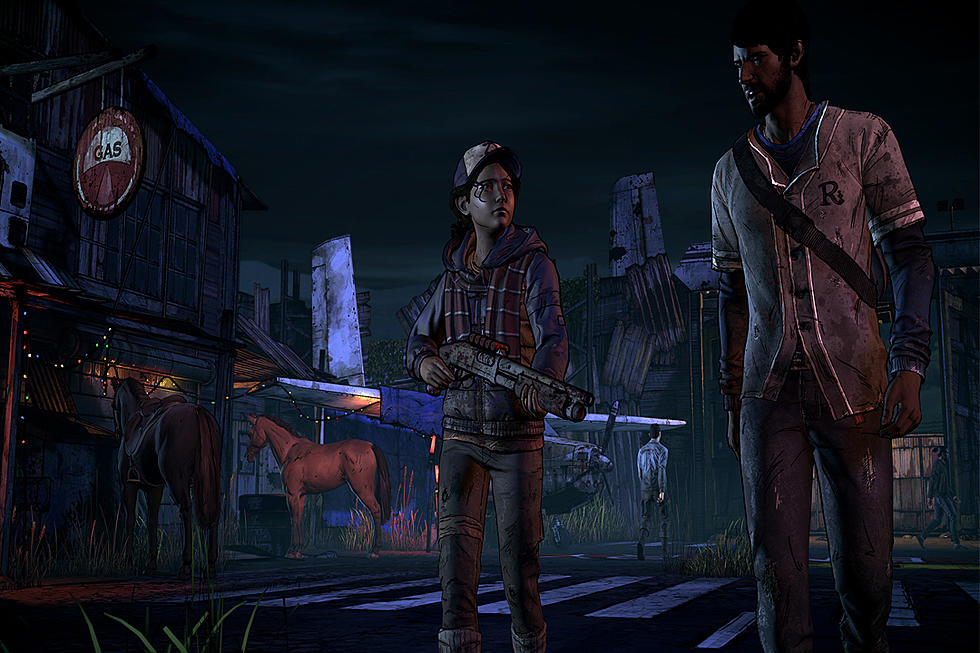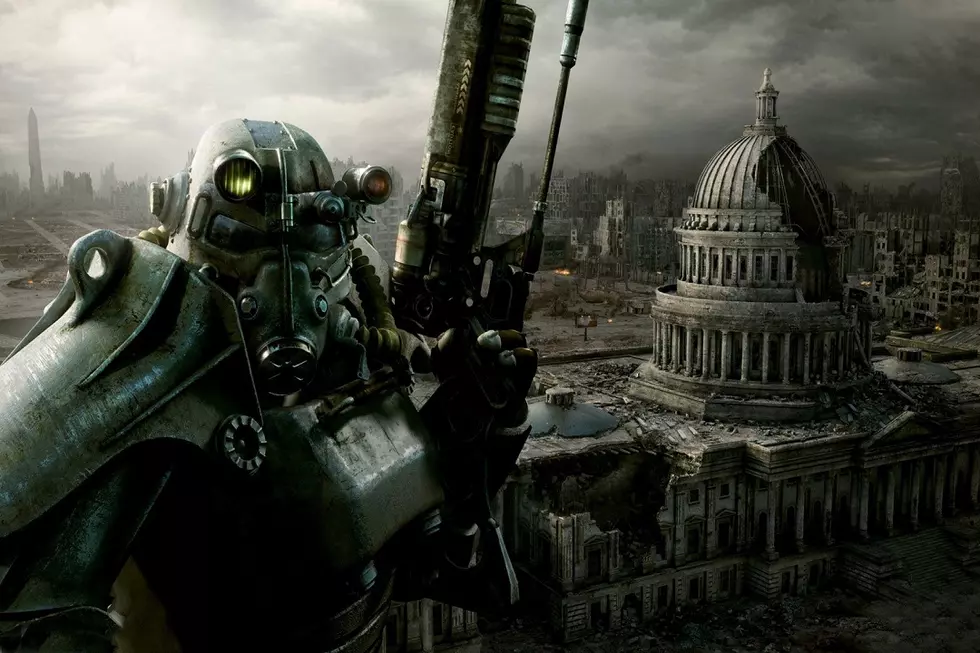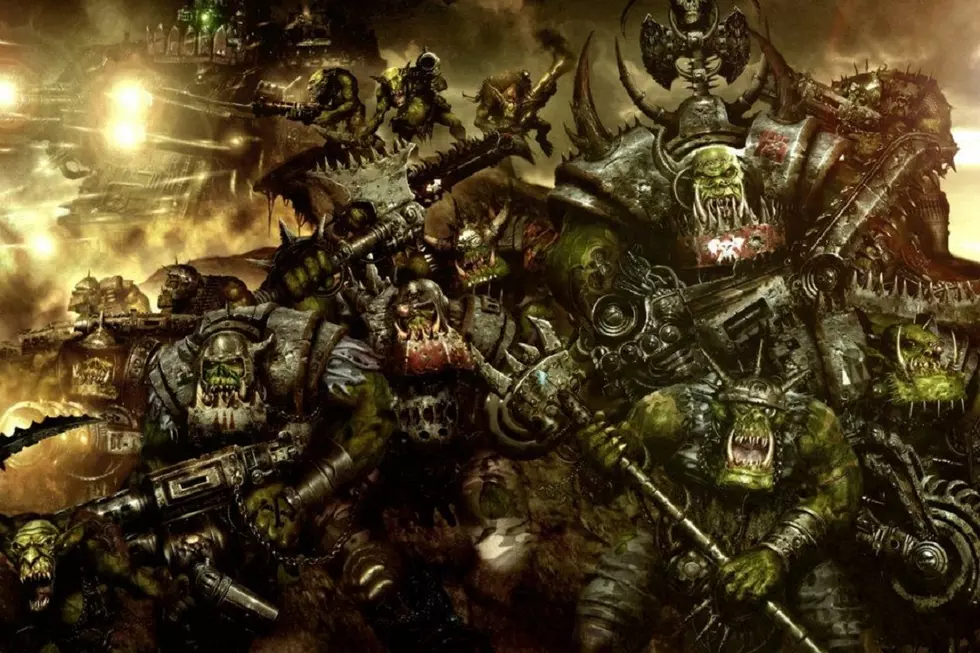
Does Morality Really Matter In Games?
Morality is a gray matter, a deep entity, and a thing that doesn't stop at the surface. It's also a subject that video games have played with constantly. Whether it was the evil Dragonlord presenting the hero with a choice to join his side at the end of Dragon Warrior in 1986 or Geralt choosing to sacrifice or save a dear friend in the more recent The Witcher 3: Wild Hunt, video games have been attempting to capture the complexity of moral dilemma as a flexible mechanic for decades. The degree to which a game will go to accomplish that widely varies, but even the highest caliber releases supposedly punctuated by a choice-driven environment face a problem. Have games made choices truly matter? Can games capture the full effect of emotional baggage without sacrificing what makes a game fun? I’m not so sure they have yet.
What makes a moral choice meaningful to begin with? A truly difficult choice will do two things. First, it will affect far more than an instance. Consider Witcher 3 and a quest in which you are helping a baron find his family. It can go drastically different ways depending on how you choose for Geralt to act. He goes through a long, invested string of events in which people he becomes familiar with can be destroyed emotionally or die. Nonetheless when it is all over and done, Geralt rides off and the long road he’s been through feels like something contained within itself that had no purpose other than to be a diversion between Geralt and his next task. Sure, Witchers are supposed to be cold and emotionless, but even if you picked choices in which Geralt gets emotionally invested, it feels as though it shuts off once that part of the game is over.
This problem of instances affects a lot of games that tote choice. Sure, things happen and situations can get quite heavy, but far too often games give little credence to these events outside of their context. There might be a passing reference to that thing that happened or a thanks or scolding for the way in which a situation was handled, but it often doesn’t feel like the character carries the outcomes of events with them. A good game’s story should be a well-connected series of events, but moral dilemma that a player determines is often little more than instances contained to their own bubbles that have little to no bearing outside of themselves.
The second thing that makes a choice really stick is the ambiguity of right and wrong in the choice. Consider the Fallout series. Fallout has always allowed you to be good or evil, but there’s nothing difficult about the choices it gives you. Even one of the more supposed difficult choices at the end of Fallout 3 pretty much asks you if you want to sacrifice your life to save the world or let someone else sacrifice his or hers. The other option is destroy the world altogether. There’s very little if anything ambiguous about that choice. It simply comes down to how selfless or horrible you want to act.
A choice that really twists a player’s emotional insides and makes them think won’t necessarily have a right or wrong answer. All routes bare consequences both good and bad. It factors opportunity costs and forces the player to consider what they’re giving up. Even then, going past a choice with a profound effect still won’t let a player have the security of knowing they made the right call. Games can do this, but ambiguity can also take away from the game’s ability to tell a story that has impact. It’s much easier to take the route Fallout takes and paint the world in shades of white and black because it allows a definite recognition of a player or character’s role in the game’s universe as good or bad.
It’s not as though choices that matter don’t exist in video games at all. Look at most of Telltale Games’ series, such as The Wolf Among Us. There are a slew of interconnected plotlines based off the things you do as Bigby Wolf. A seemingly simple choice you made near the beginning can have a profound effect near the end. Choosing to favor attention towards one character and missing out on attention to another will cause the former to remember your care in turn while the other recalls how you turned your back on their situation. It’s a world built around difficult gray choices and ambiguity, but it’s also built to be flexible by being more punctuated by choice and story than gameplay.
I would argue that The Wolf Among Us and games like it place choice at the core so much that they are more like interactive choose-your-own-adventure type stories than games. There’s nothing wrong with that. Those types of games are absolutely compelling and fascinating in what they do and how they work, but I think that’s where we are now. In order for a game to give you meaningful roles in difficult decisions, it has to pull the strings so perfectly that you receive a specific set of story-driven stimuli that will push and pull your moral compass when it comes time to make a decision. It has to be more of an interactive story and less of a game.
I believe entirely that right now, moral dilemma in games is split between two scenarios where you either settle on superficial decisions in favor of keeping details clean and making a game a game or you sacrifice gameplay mechanics and player control in favor of driving a fine-tuned, player-driven, and morally difficult experience. I don’t have anything against either scenario, but I would confidently say that a game that has the moral difficulty of a Telltale adventure and the enjoyable hands-on gameplay of a Fallout game doesn’t exist yet. If it does, I’ve never played it, but I would love to.
More From Arcade Sushi
![BJ Blazkowicz is America’s Number One Celebrity Terrorist in Wolfenstein II [Preview]](http://townsquare.media/site/550/files/2017/07/wolfenstein2.jpg?w=980&q=75)
![Wolfenstein II Has a Nazi Problem, And The Only Prescription is More Blazkowicz [Preview]](http://townsquare.media/site/550/files/2017/06/wolfenstein2.jpg?w=980&q=75)







